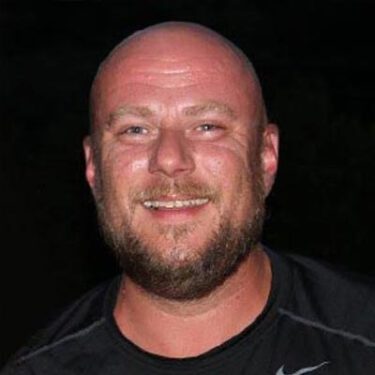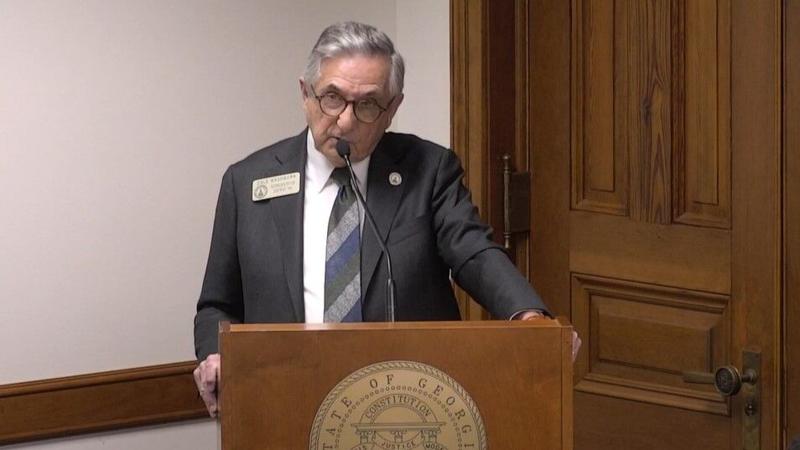(The Center Square) – A bill that would end a program allowing automated speed check cameras in school zones is back on the Georgia Senate calendar after a spirited debate Monday morning.
House Bill 225 from Rep. Dale Washburn, R-Macon, initially sought to ban the cameras that local governments operate. The revised bill would sunset the program, approved by lawmakers in 2018, on July 1, 2028.
The Senate Rules Committee agreed to send the bill to the floor after it was essentially killed when the Public Safety Committee didn’t meet last week.
Washburn said the cameras had raised $200 million in fines, with $50 million going to corporations he said were located out-of-state. Washburn said he received a ticket as a result of the cameras, but that was not why he brought the bill.
“The design is deceit and trickery,” Washburn said. “The design is to rake in millions of dollars. I represent the people in Georgia, not a bunch of out-of-state camera companies. And my constituents want these things banned.”
Sen. Randy Robertson, R-Catula, chaired the Senate Public Safety subcommittee that heard more than five hours of testimony about the cameras. He said six children in Muscogee County had been hit by vehicles in school zones and four have died.
“Public safety is No. 1,” Robertson said. “We cannot take resources out of the community and set them in front of every school, every morning and every afternoon. It’s the will of the Senate and the will of the House that determines what lands on the governor’s desk. The problem is, my personal opinion is through this, when I read an article in the paper, within the second line it discussed a sponsor of a bill having received a citation, my antennas go up.”
Law enforcement officers have presented different opinions about the cameras.
Butts County Sheriff Gary Long called the cameras “taxation by citation” and policing for profit during a Senate subcommittee meeting.
Norcross Police Chief Bill Logan said the cameras reduced traffic accidents from more than 2,000 a year to 1,200 in the 6.2 square-mile city he oversees. The revenue is used in his department for a variety of things, including two full-time mental health clinicians.
The House passed the bill 129-37 on March 4.











